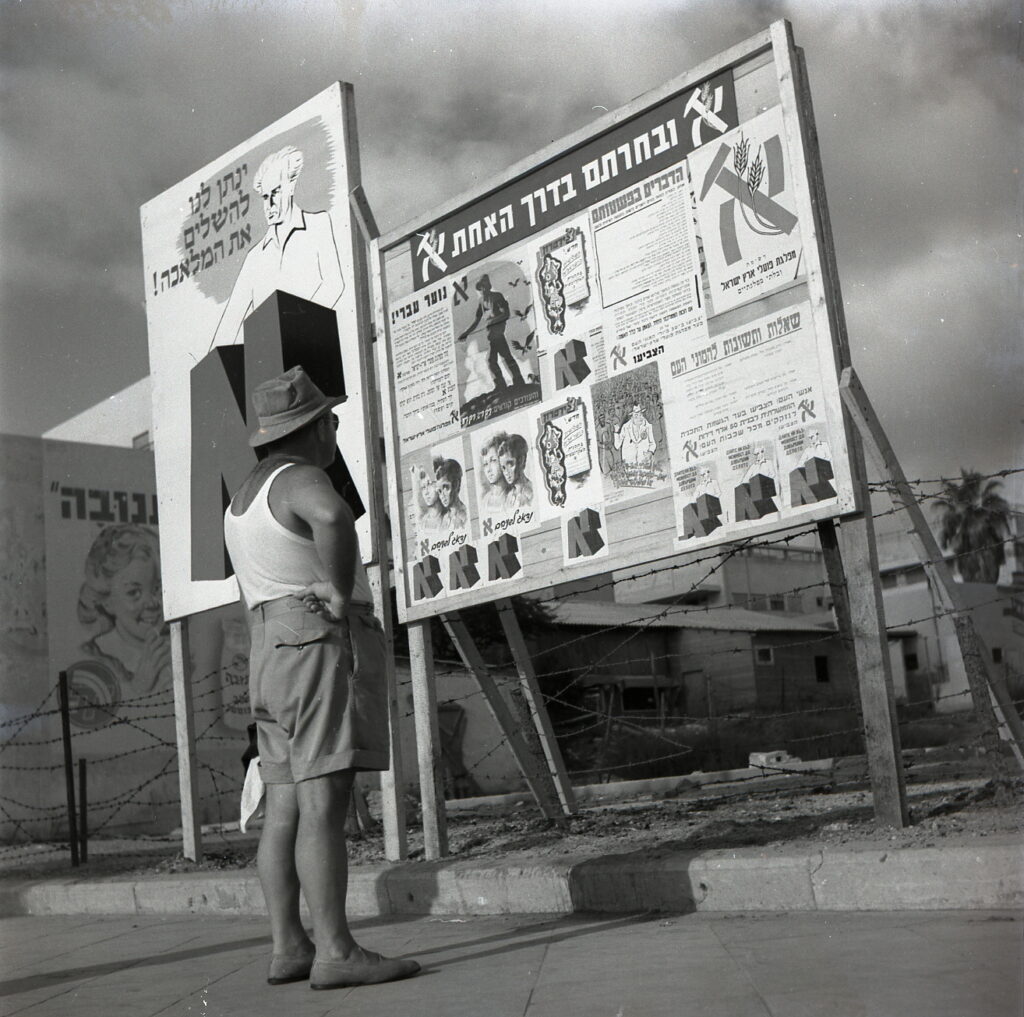January 5, 1930
Emerging out of the mostly Russian immigration of the Second Aliyah (1904-1914) and Third Aliyah (1919-1923), two socialist-leaning political parties, Hapoel Hatzair (the Young Worker Party) and Ahdut Ha’avodah (Labor Unity), were created, representing the bulk of Jewish laborers in Palestine. After the creation of the Jewish Agency in 1929, a series of Arab riots broke out against the Jews in Palestine. The riots and the British reaction to them, which included considering regulations to slow the Jewish state’s development, crystallized the need for political unity and consolidation in the Land of Israel.
The leaders of the two rival groups, including David Ben-Gurion of Ahdut Ha’avodah and Yosef Sprinzak of Hapoel Hatzair, recognized that they had more in common with each other than they had differences and moved toward a merger. Both factions wanted those living in the Yishuv to take a more active role in the leadership of the Zionist movement and desired to counteract the growing Revisionist movement under the leadership of Ze’ev Jabotinsky on the right.
While Ben-Gurion would become the head of the new party, its spiritual leader was Berl Katznelson, whose vision of a labor-based society in the Land of Israel led to a policy combining pioneering idealism with political pragmatism.
The new party quickly gained power in the Yishuv and its organizations of leadership, including the Histadrut labor federation. In 1933 at the 18th Zionist Congress, Mapai had the largest number of delegates, nearly half of those present. After the foundation of the State of Israel, Mapai was the largest party in the Knesset until it merged into the Labor Party in 1968. Israel’s first four prime ministers were Mapai members.









